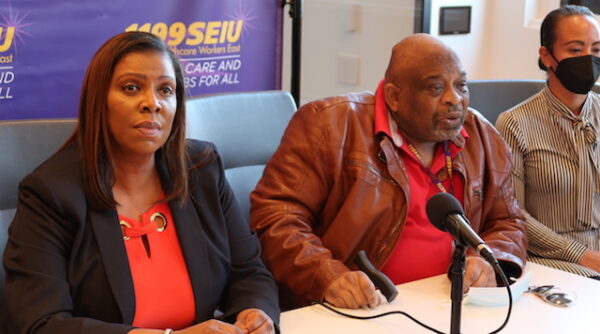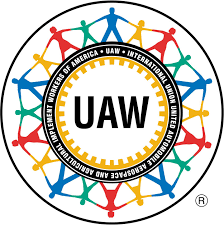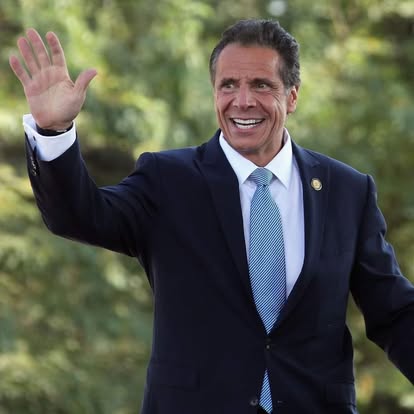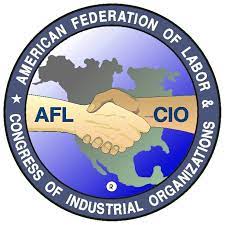NEW YORK, N.Y.—State Attorney General Letitia James joined 1199SEIU March 21 to urge Gov. Kathy Hochul to stop delaying the state’s new minimum staffing standards for nursing homes.
“Laws that have been passed that have been put on pause. It’s time to lift the pause,” James said at a press conference at the union’s Manhattan headquarters.

“If there’s a lesson out of this pandemic, it’s that we finally put our priorities where they need to be,” said Milly Silva, 1199’s executive vice president for nursing homes. The staffing standards enacted last year, she said, require nursing homes to put revenues “into care instead of profit.”
The two measures were supposed to go into effect Jan. 1, but Gov. Hochul issued an executive order postponing them for 30 days. She said she had suspended them “in light of the staffing shortage caused by the COVID-19 public health emergency.” She has since extended the pause twice.
One measure, included in last year’s budget, requires nursing homes to spend at least 70% of their gross revenues on patient care. The other, the Safe Staffing Act, mandates that they have enough staff to give each resident 3.5 hours of direct care every day.
“Nursing homes are strongly encouraged to begin coming into compliance with these new requirements,” the state Department of Health said in a statement to LaborPress, but the governor’s order had suspended them “to prevent disruptions in care or reductions in services at facilities that cannot comply due to the ongoing emergency.”
The current extension ends on March 31, the department added, and “we will continue to monitor the situation to ensure quality care for residents.”
1199 President George Gresham, however, says that understaffing and low pay are what’s driving workers away from nursing homes. As much as they are dedicated to caring for others, he said, if they could get paid more as a cashier at Costco, they ask themselves, “Do I really want to do this?”
The fundamental question, James said, is “Why do we leave our nursing homes understaffed, and what is government doing about it?”
The COVID-19 pandemic was a stress test for the system, the Attorney General said, and it failed. 1199 members she met with earlier that afternoon, most of them working in nursing homes for 15 years or longer, told her that “they could not get to every patient. They could not feed every patient. They could not treat every patient. They could not turn over every patient. And as a result of that, a lot of patients suffered, and some of them lost their lives.”
Because of understaffing, she said, they are still doing double and triple shifts, while the nursing homes have augmented their staff by hiring workers from agencies who hadn’t been properly trained, but who are getting paid more than staff.
Increasing staffing would be “most important for the residents,” said Roosevelt Reid, a licensed practical nurse at a 240-bed facility in the Bronx.
The rise of for-profit ownership has been the biggest change he’s seen in his 20-year career, and it hasn’t been a good one. “Every decision they make is based on revenue rather than on patient care,” he says.
Workers are underpaid, infection protocols breached, and there is a shortage of supplies such as equipment to move transport residents around the building, he said. Resident care is “at an all-time low,” which sometimes “leads to the demise of these residents.”
Health-care workers come to work “with our spirit and most important, the love in our hearts for what we do,” Reid said, but management “encourages inhumanity in the workplace.” When a new owner takes over, he added, they try to force older workers to resign or retire, by reassigning them or changing their duties — “most often, they are giving you a bigger workload.”
“Where are our priorities in this country if we continue to allow for-profit health care?” George Gresham asks. “The idea that one can make a profit on someone’s inability to take care of themselves is outrageous.”
One big difference, 1199 senior policy analyst Dennis Short told LaborPress in January, is that, according to federal Centers for Medicare and Medicaid Services data from the second quarter of 2021, 52% of nonprofit nursing homes in the state had adequate staffing, but only 25% of for-profit ones did.
“If we all live long enough, there is a long-term health-care worker in our future,” Gresham often says, but “that will not last long if we don’t make the investments necessary.”
James said she would leave how to finance that up to the Legislature.





